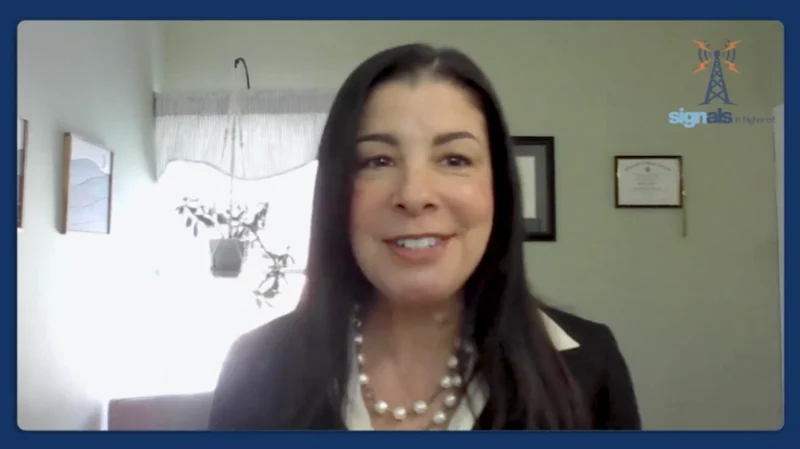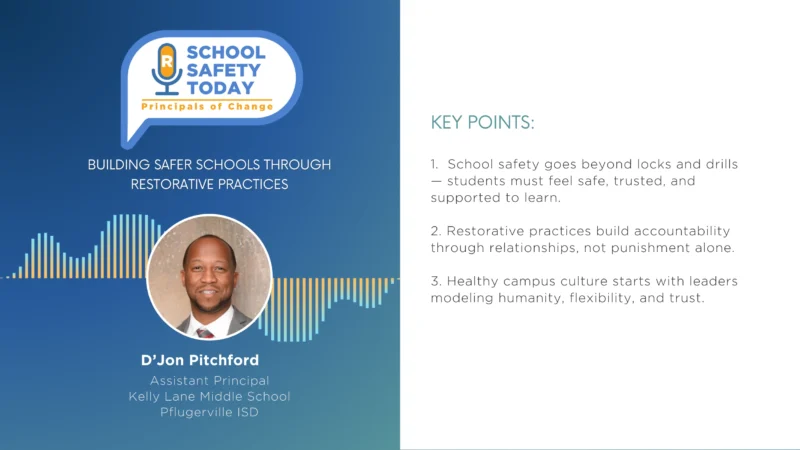AI Transform Lesson Building by Generating Creative and Interactive Content, Thereby Reducing the Workload of Teachers
Lesson building in education is undergoing a transformative shift with the integration of AI, marking not just a technological evolution, but a pedagogical revolution. As AI continues to permeate various sectors, its impact on education stands out for its significant contributions. The technology, which once seemed like a distant future, is now a present reality in classrooms, offering innovative solutions to age-old challenges in education.
But how does this integration of AI in education shape the future of learning and teaching? How can AI redefine the traditional educational paradigm without compromising the authenticity and quality of teaching?
Darin Beamish, Vice President of Software Development at Boxlight, with his extensive 30-year background in educational technology, offers an insightful perspective on this topic. He joins Michelle Dawn Mooney in this episode of Unbox Innovation. He underscores the significant potential of AI in lesson building which alleviates teacher workload and enhances student engagement. Beamish stresses that AI is not meant to replace teachers but to serve as a formidable ally in the educational journey.
“AI can offload a lot of that work… It can take that grunt work of I need a new lesson… and you can throw it into a tool using AI, and it will generate new content, it can spice it up, put it in a new voice, it can turn it into a game, it can create new assessment questions for you,” Beamish said.




